The Importance of Properly Sealing Bulk Bags
While it might seem like a small detail, properly sealing bulk bags can lead to significant cost savings over time. By preventing contamination, spills, and material losses, you reduce waste and avoid unnecessary expenses. Additionally, maintaining product quality can lead to higher customer satisfaction and fewer returns or complaints.
When it comes to handling, storing, and transporting bulk materials, bulk bags—also known as FIBCs (Flexible Intermediate Bulk Containers)—are a popular and efficient solution. These sturdy, versatile bags are used across a variety of industries, from agriculture and construction to food processing and pharmaceuticals. However, while the benefits of bulk bags are widely recognized, one critical aspect often overlooked is the importance of properly sealing them.
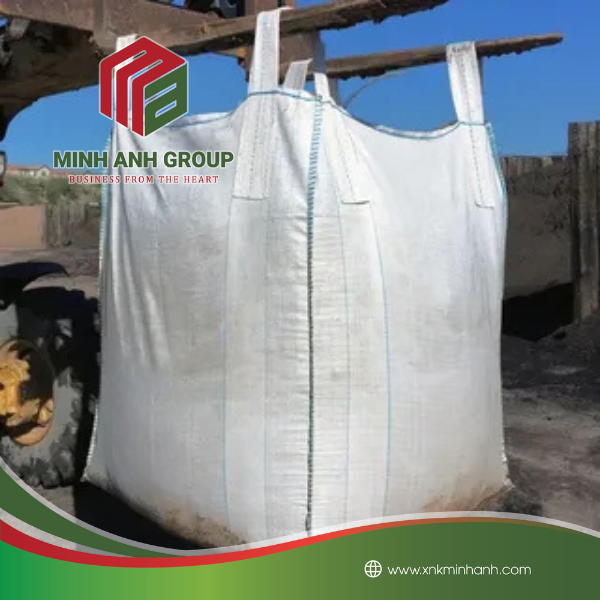
Properly sealing bulk bags is more than just a practical step in material handling; it plays a crucial role in ensuring product quality, safety, and cost-effectiveness. In this article, we’ll explore why sealing bulk bags correctly is essential and how it can make a significant difference in your operations.
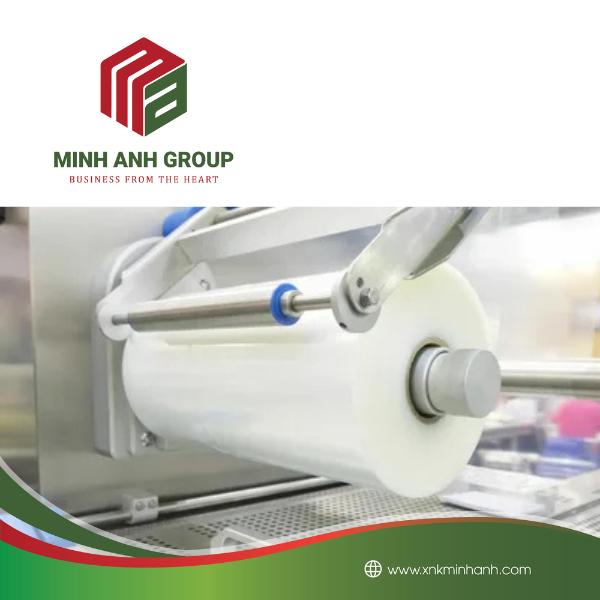
1. Protecting the Contents
One of the primary purposes of sealing bulk bags is to protect their contents from external contaminants. Dust, moisture, pests, and debris can compromise the quality of the materials inside the bag. For industries dealing with sensitive products such as food ingredients, pharmaceuticals, or chemicals, even minor contamination can lead to product recalls, financial losses, and damage to reputation.
A properly sealed bulk bag acts as a barrier, keeping the contents safe from environmental factors. Whether you’re working in a dusty warehouse or transporting goods through unpredictable weather conditions, a secure seal ensures that your materials remain clean and intact.
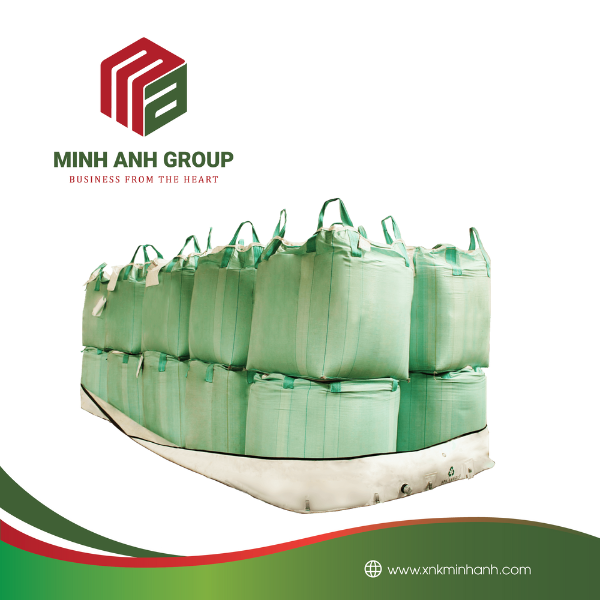
2. Preserving Product Integrity
Many materials stored in bulk bags are sensitive to environmental changes. For example, powdered substances can clump when exposed to humidity, while granular materials may lose their consistency if exposed to air for extended periods. Proper sealing helps preserve the physical and chemical integrity of these materials.
In industries such as agriculture, where seeds or grains might be stored in bulk bags for months at a time, maintaining product quality is essential. A well-sealed bag ensures that your products remain in optimal condition until they’re ready for use or sale.
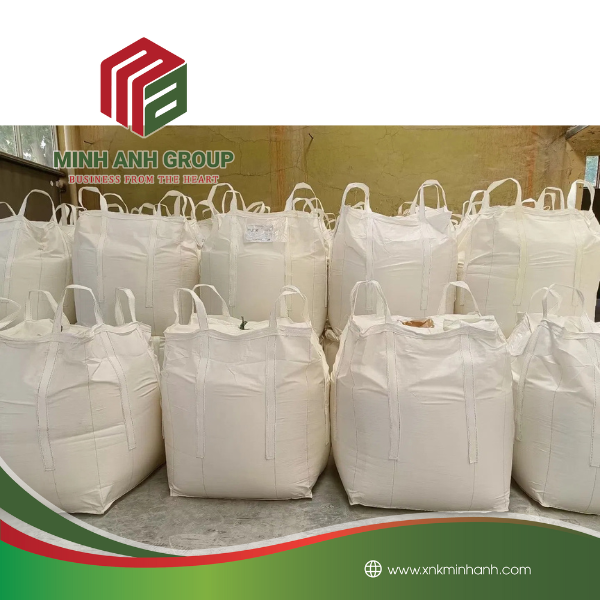
3. Preventing Spills and Losses
Improperly sealed bulk bags are prone to leaks and spills during handling and transportation. Even small gaps in the seal can lead to significant material losses over time. This not only results in wasted resources but also creates additional cleanup costs and potential safety hazards in the workplace.
By properly sealing your bulk bags, you minimize the risk of spills and ensure that your materials stay where they belong—inside the bag. This is especially important when dealing with fine powders or hazardous materials that could pose health or environmental risks if spilled.
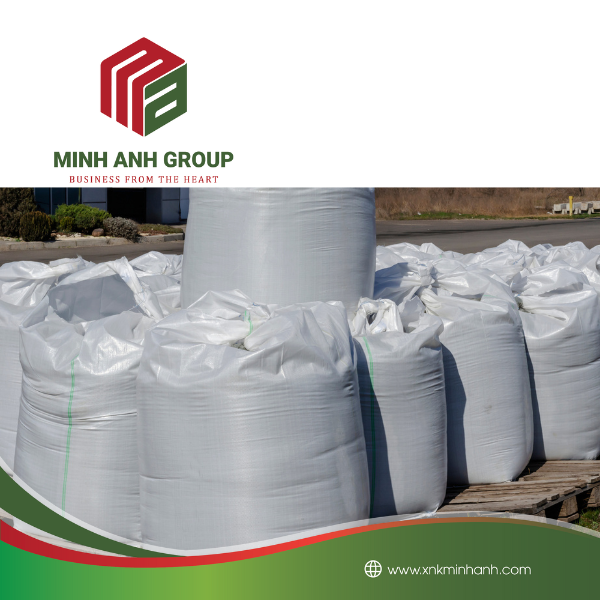
4. Enhancing Workplace Safety
Safety should always be a top priority in any operation. An improperly sealed bulk bag can create hazards for workers handling the material. For instance, loose particles escaping from an unsealed bag can create slippery surfaces, leading to accidents. In some cases, airborne particles might even pose respiratory risks.
Sealing bulk bags securely helps maintain a clean and safe work environment. It reduces the likelihood of accidents and ensures compliance with workplace safety regulations.
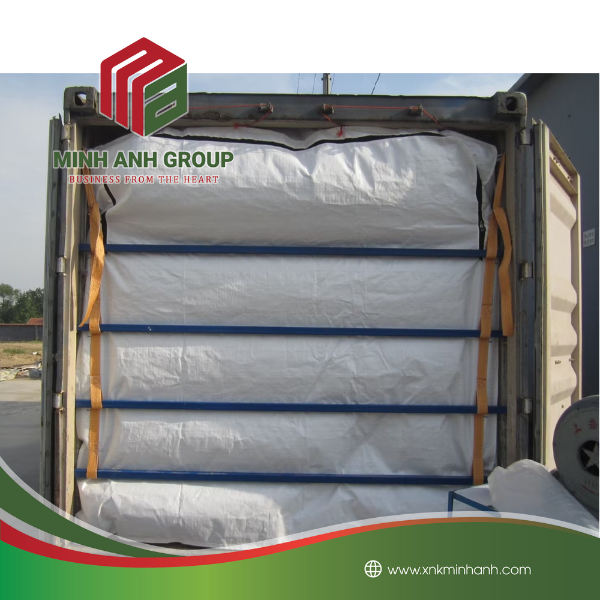
5. Improving Efficiency in Transportation
Transportation is often one of the most challenging aspects of material handling. Bulk bags are designed to be durable and easy to move, but their effectiveness depends on how well they’re sealed. A poorly sealed bag can shift during transit, leading to imbalanced loads and potential damage to the materials inside.
Properly sealed bags maintain their shape and stability during transportation, making them easier to stack and secure. This not only reduces the risk of damage but also optimizes space utilization in trucks or shipping containers.
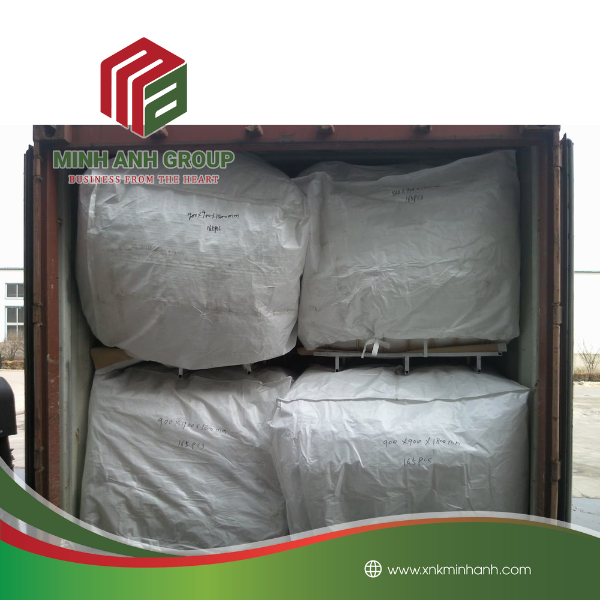
6. Meeting Industry Standards
Many industries have strict regulations regarding the storage and transportation of materials. For example, food-grade bulk bags must meet specific hygiene standards to ensure that the contents remain safe for consumption. Proper sealing is often a requirement for compliance with these standards.
By taking the time to seal your bulk bags correctly, you demonstrate your commitment to quality and compliance. This can help build trust with customers and regulatory bodies alike.
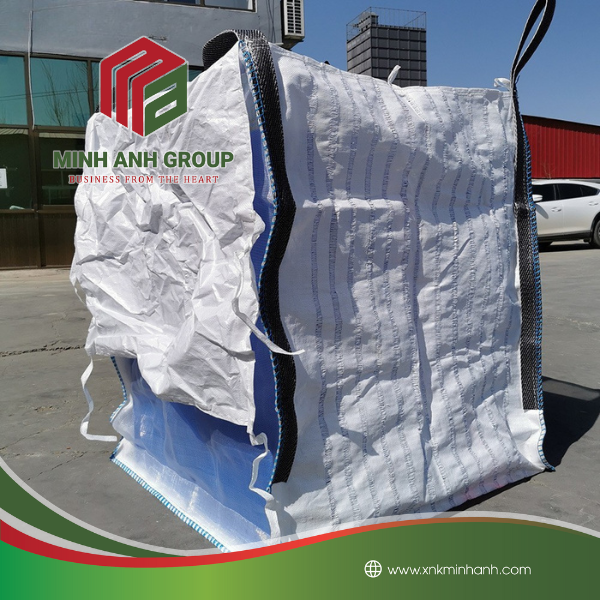
7. Cost Savings in the Long Run
While it might seem like a small detail, properly sealing bulk bags can lead to significant cost savings over time. By preventing contamination, spills, and material losses, you reduce waste and avoid unnecessary expenses. Additionally, maintaining product quality can lead to higher customer satisfaction and fewer returns or complaints.
Think of sealing as an investment in the longevity and efficiency of your operations. It’s a simple step that can yield substantial benefits for your bottom line.
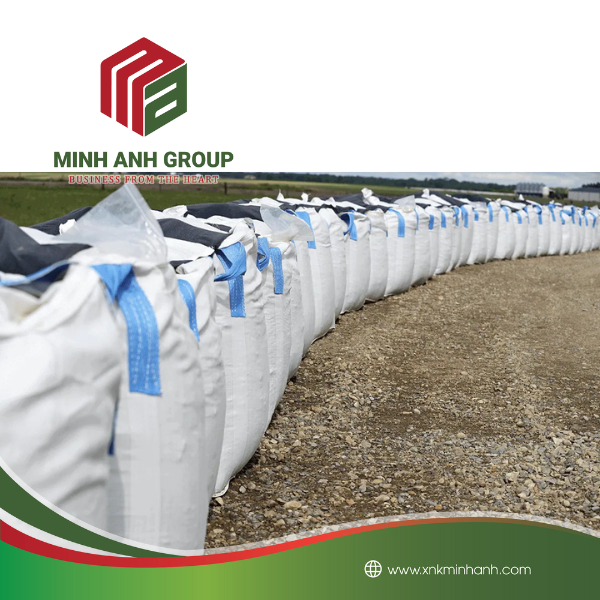
Tips for Properly Sealing Bulk Bags
Now that we’ve covered why sealing is important, here are a few tips to ensure you’re doing it right:
1. Choose the Right Closure System: Bulk bags come with various closure options, including drawstrings, zippers, and spout closures. Select the one that best suits your material type and handling requirements.
2. Inspect Before Sealing: Before sealing the bag, check for any tears or defects that could compromise its integrity. Address these issues promptly to avoid problems down the line.
3. Train Your Team: Ensure that all employees handling bulk bags are trained on proper sealing techniques. Consistency is key to maintaining quality and safety standards.
4. Use Additional Liners if Needed: For extra protection against moisture or contamination, consider using liners inside your bulk bags before sealing them.
5. Double-Check After Sealing: Once the bag is sealed, give it a final inspection to ensure there are no gaps or loose ends.
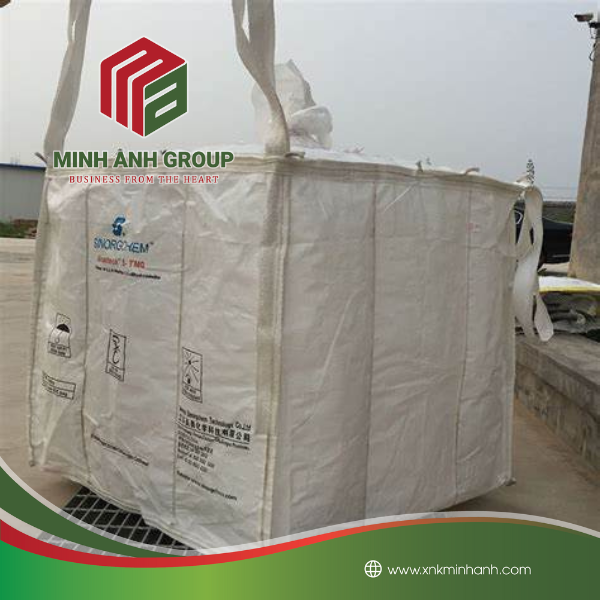
Properly sealing bulk bags might seem like a small detail in the grand scheme of material handling, but it’s one that can have a big impact on your operations. From protecting product quality to enhancing workplace safety and reducing costs, the benefits of secure sealing are undeniable.
By taking the time to seal your bulk bags correctly—and training your team to do the same—you’ll set yourself up for success in handling and transporting materials efficiently and responsibly. After all, sometimes it’s the small steps that lead to the biggest improvements!
Hãy là người đầu tiên nhận xét “The Importance of Properly Sealing Bulk Bags” Hủy
Sản phẩm tương tự
Tin Tức Bao Bì
Tin Tức Bao Bì
Tin Tức Bao Bì
Tin Tức Bao Bì
Tin Tức Bao Bì
Tin Tức Bao Bì
Tin Tức Bao Bì

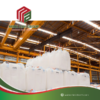
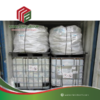











Đánh giá
Chưa có đánh giá nào.